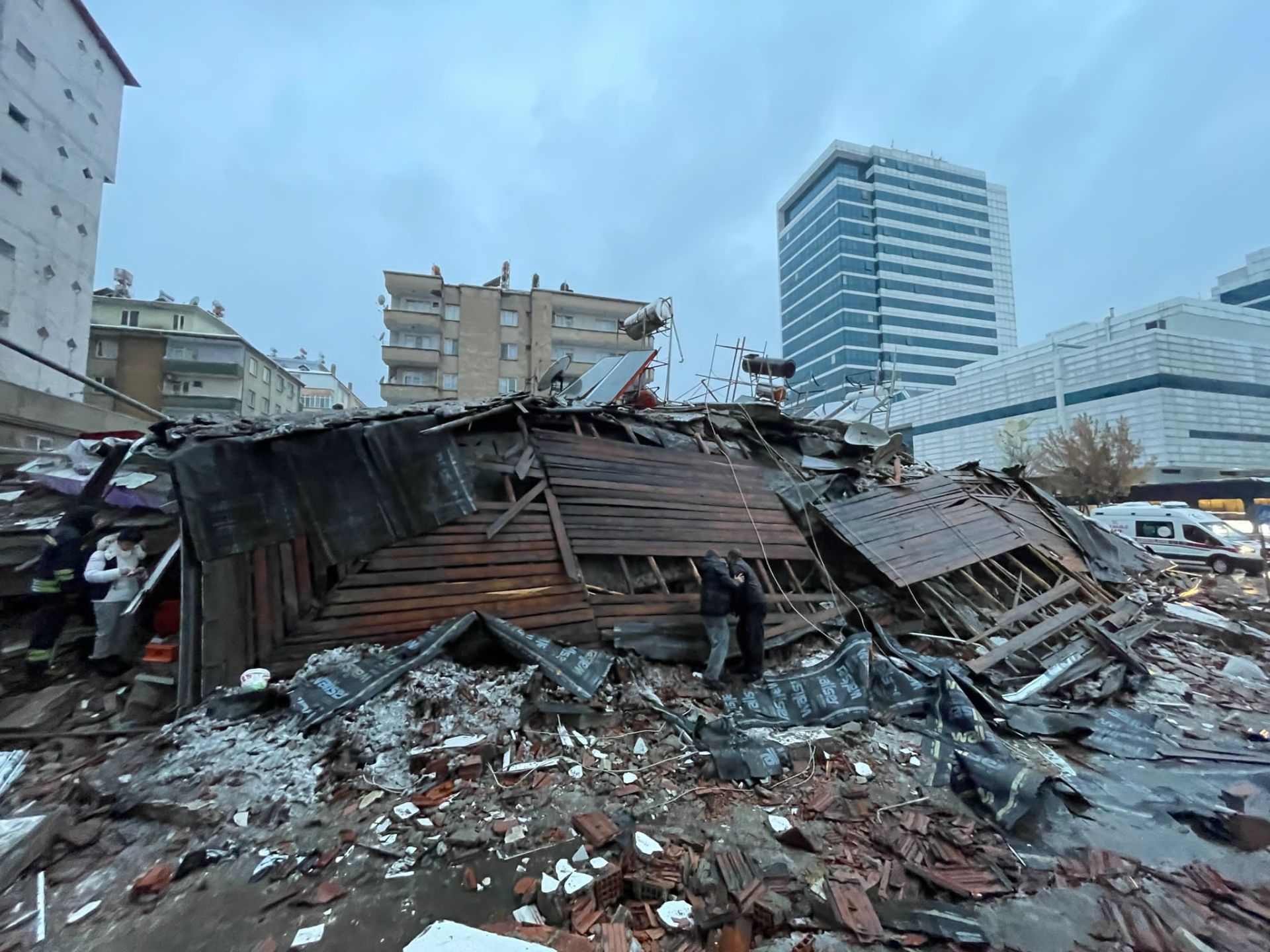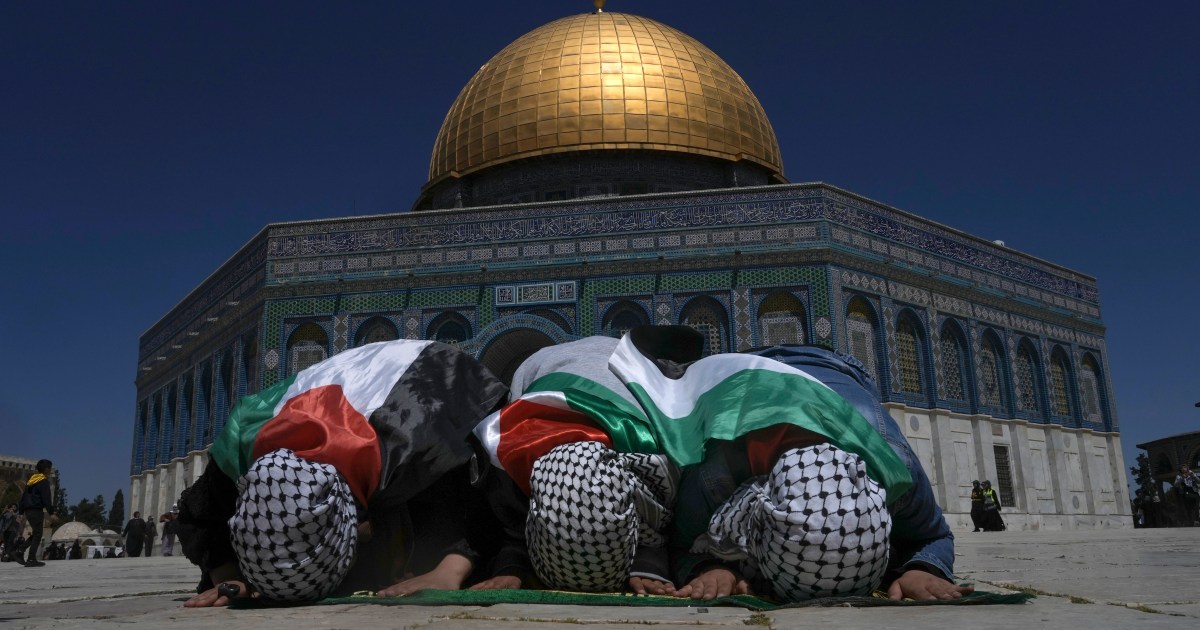Egypt jails rights researcher Patrick Zaki for 3 years, NGO says
Patrick Zaki previously spent 22 months in pre-trial detention after writing an article about the plight of Egypt’s Christians.
An Egyptian court has sentenced Patrick Zaki, a rights researcher who had been studying in Italy and was accused of spreading false news, to three years in jail, the Egyptian Initiative for Personal Rights (EIPR) said.
Human rights activist Hossam Bahgat, who runs the EIPR where Zaki worked, said no appeal is possible against the conviction over an article he wrote about religious freedom.
“He has been arrested now and is being transferred to jail,” Bahgat said.
Zaki, 30, previously spent 22 months in pre-trial detention until December 2021, and was again taken into custody on Tuesday after the court ruling in Mansoura, 130km (80 miles) north of Cairo.
His 2020 article recounted his experiences of discrimination as a member of the country’s Coptic Christian minority, who make up about 10-15 percent of Egypt’s 105 million people.
The drawn-out case has triggered international condemnation, particularly in Italy where Zaki was studying at the University of Bologna. He was arrested in 2020, while returning to visit family, under charges of “spreading false news“, “harming national security” and “incitement to overthrow the state”, among others.
🔴 EIPR researcher #Patrick_Zaki sentenced to 3 years in prison by Emergency Court over an article
🔴 The (EIPR) condemns in the strongest terms the final verdict issued today, July 18, to three years in prison against its researcher Patrick George Zaki pic.twitter.com/waMpAmupf1
— المبادرة المصرية للحقوق الشخصية (@EIPR) July 18, 2023
‘Scandalous’
Amnesty International, in a statement released on Tuesday, called the ruling “a scandalous verdict”.
Human rights defenders have said Zaki was beaten and tortured with electricity during his detention.
Thousands in Italy signed petitions calling for Zaki’s release, and the country’s senate voted in 2021 to grant him Italian citizenship.
Relations between Cairo and Rome had previously been strained by the 2016 killing of Italian PhD candidate Giulio Regeni in Egypt, which sparked alarm over academic freedom in the country.
Rights activists say Egyptian President Abdel Fattah el-Sisi has overseen an unprecedented crackdown on freedoms – including banning all unauthorised demonstrations – since first taking power in 2013 and then winning elections in 2014.
Tens of thousands of people have been jailed, human rights groups say. Under el-Sisi, laws have been changed to expand the definition of “terrorism” to include all political dissent, which means that prosecutors have sweeping powers to keep people detained for months, even years, without ever filing charges or presenting evidence.




